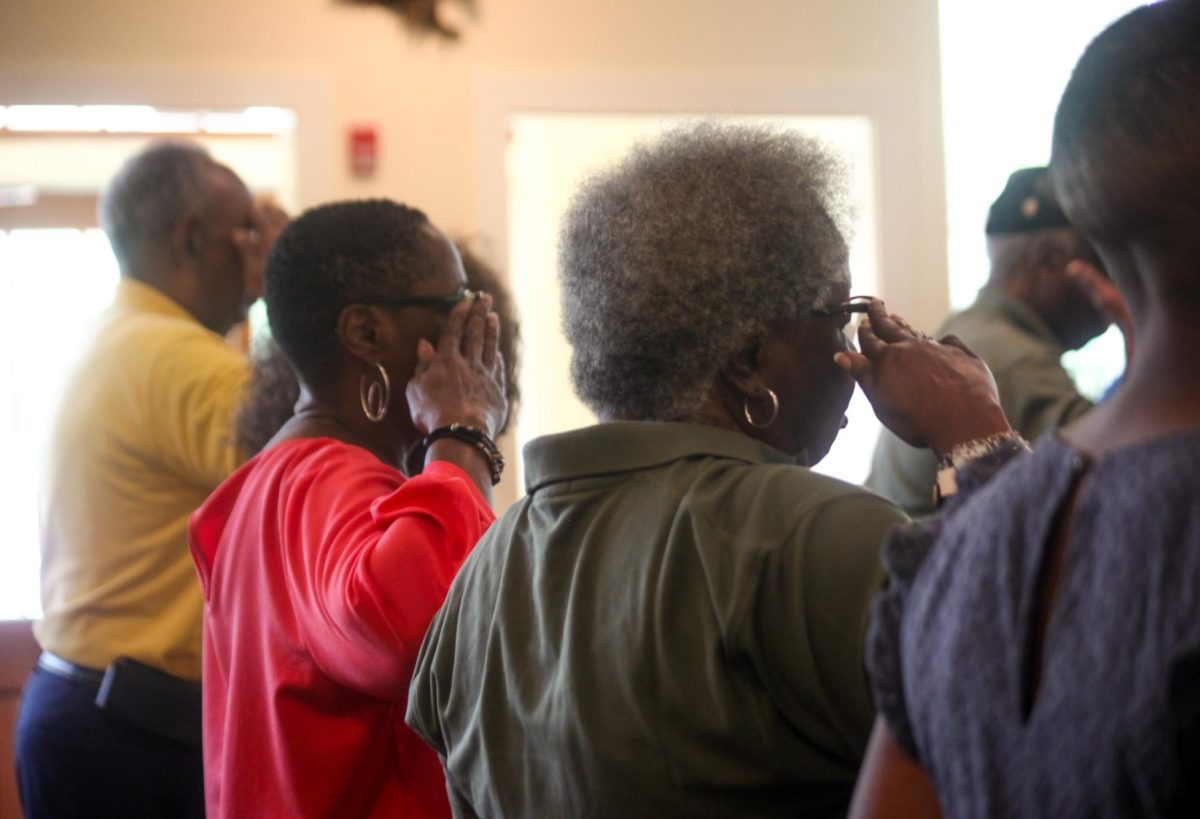With new restrictions on tobacco products, questions have been raised on how the changes will affect teenagers, young adults and vape shop owners.
The federal minimum age to purchase tobacco products, including e-cigarette products, is now 21 after being signed into law by President Donald Trump Dec. 20. Soon after, the Food and Drug Administration updated their policy to reflect the minimum age change to take effect immediately.
The Trump Administration also announced on Jan. 2 that it plans to ban most flavored e-cigarette products, with the exception of menthol and tobacco flavors. This plan applies only to cartridge-based vaping products, such as Juul, which are popular among teenagers and young adults.
Jerica Galloway, who manages the vape shop Rev in Hattiesburg, said she does not agree with the minimum age change and expects the new law to negatively affect sales at the store.
“Because we are right by the college and that is where the main revenue comes from, it might put a damper on things. Every single vape shop is going to take a bit hit,” Galloway said.
However, she does think the ban on flavored cartridge-based products, such as Juul and Leap, is a good idea that could help decrease the number of teenagers using the products.
“I think those were the easiest things for kids to get their hands on because gas stations are not as thorough when checking IDs as we are,” Galloway said.
To combat the expected loss in sales, Galloway said that Rev is going to focus on promoting and selling more CBD products, which can be purchased by those 18 and older.
“For college students who vape, if they’re not addicted to the nicotine aspect of it, our goal is to get them to use CBD in their vape instead. We’re just going to try to introduce more people to that,” Galloway said.
Angel Walker, a freshman biological sciences major, said that the changes are good, but probably won’t have a large effect on those under 21.
“Just like with alcohol, we still have access to it through other people, so I just think those people who do vape will find people old enough and find a way to get to it,” Walker said.
Kayla Johnson, health educator and promotions coordinator at Moffitt Health Center, said the changes are a step in the right direction to reduce appeal and limit access to tobacco and vapes for young people.
“Delaying the age for when someone tries tobacco or becomes a regular user of tobacco can reduce the risk for addiction,” Johnson said. “Also, from a financial standpoint, tobacco products are not cheap. If young people aren’t using tobacco and devoting financial resources to the purchase of those products, they can use that money to help get through school, find a new hobby, fund trips with friends, etc.”
Johnson said that she does have concerns about the change being so sudden and those who have been using these products now being expected to quit cold turkey.
“Nicotine addiction is very real and even with the proper resources to help someone quit, it can be quite a challenge. What I will be curious to see is if it leads more people to seek cessation support, especially those in the 18-20-year-old age [range],” Johnson said.




























